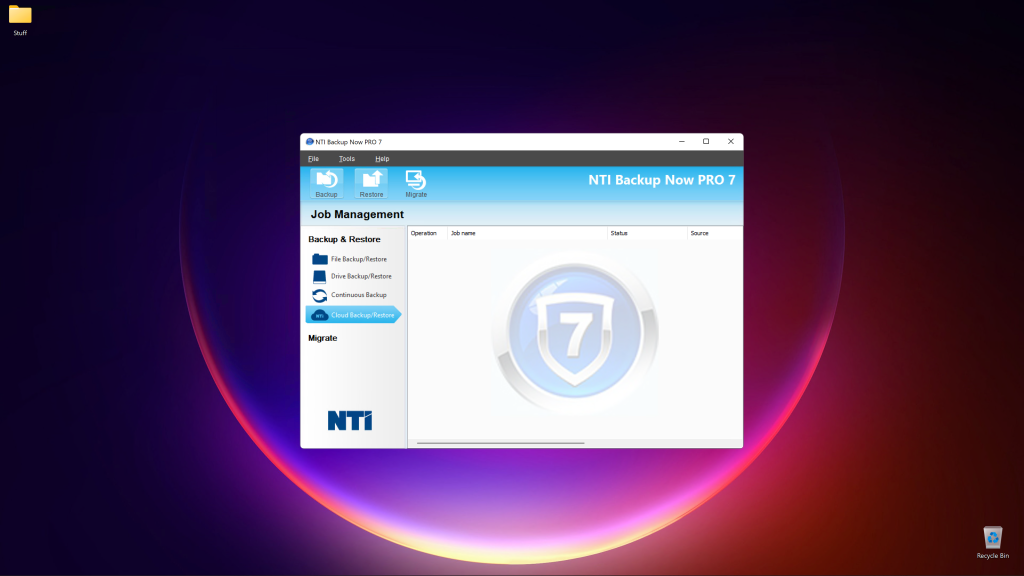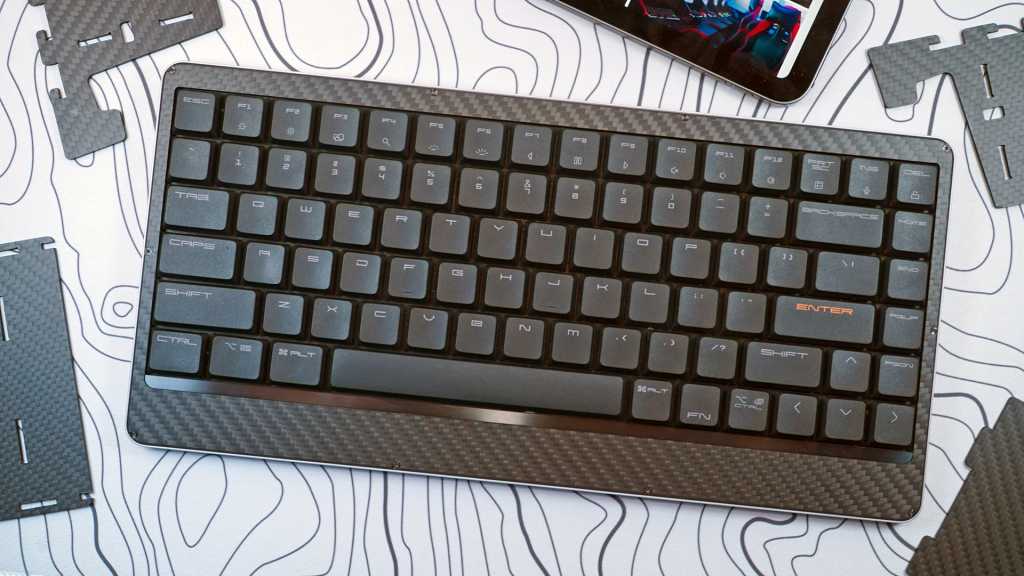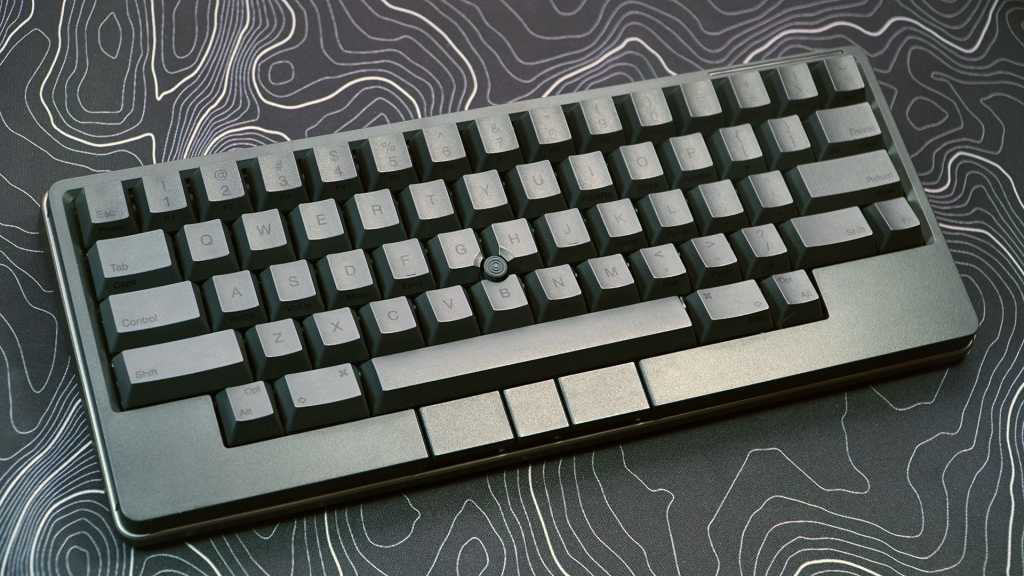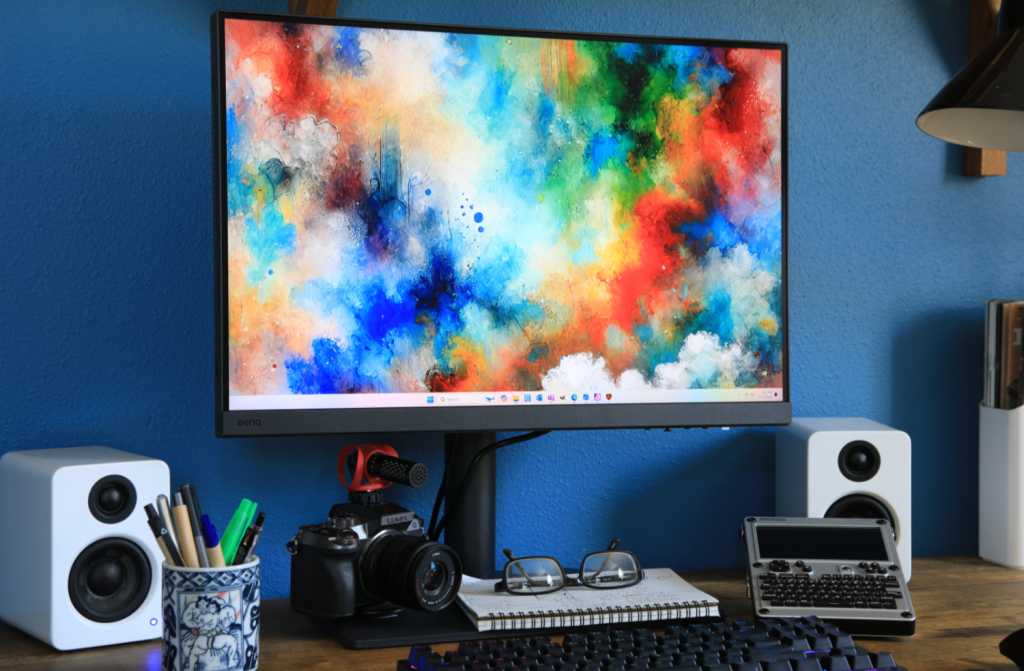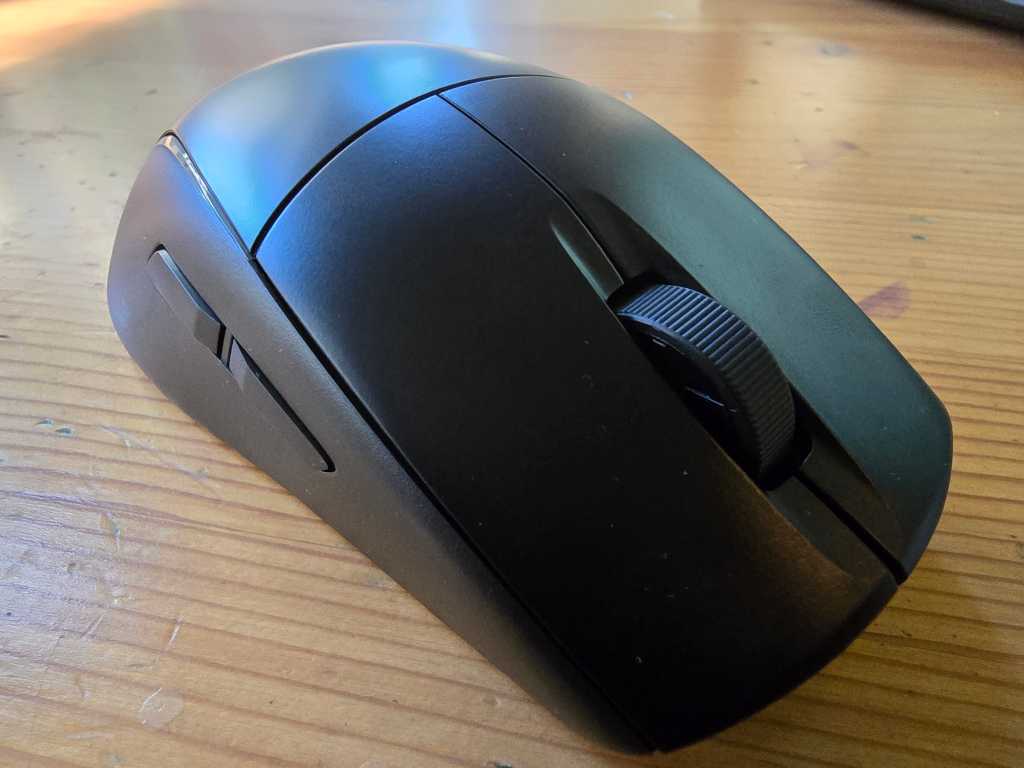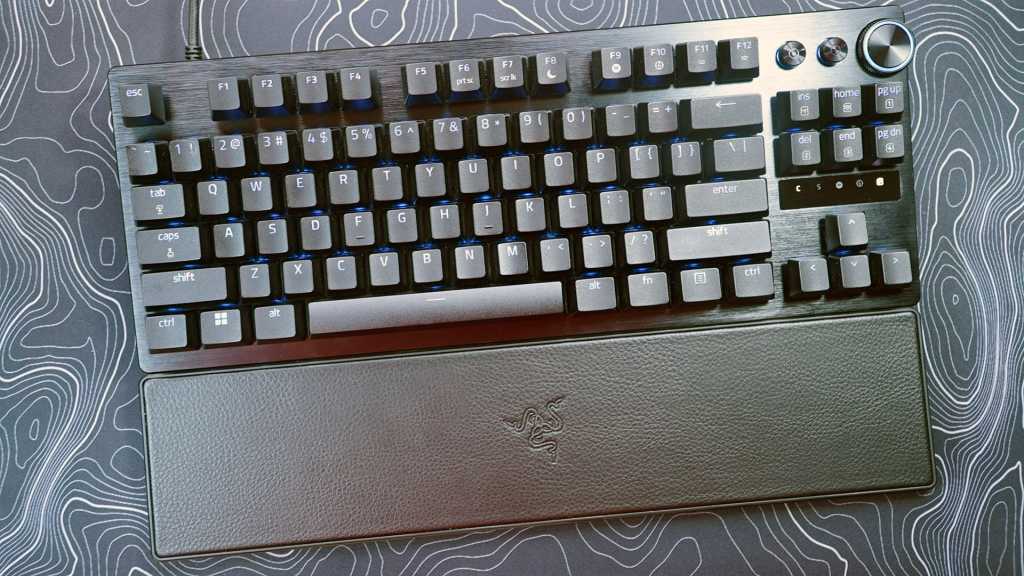NTI Backup Pro 7 offers a comprehensive suite of backup options, including file/folder, image, continuous, and cloud backup, with support for networks and optical discs. While it boasts an impressive feature set, several glitches and the high cost of cloud storage detract from its overall appeal.
A Comprehensive Backup Solution with a Few Caveats
NTI Backup Pro 7 aims to be a one-stop shop for all your backup needs. It supports file and folder backups, drive and partition imaging, continuous backup for real-time changes, and cloud backup to NTI Cloud (powered by Microsoft Azure). It also accommodates network backups and even supports optical discs, a rarity among modern backup solutions.
While the feature list is impressive, the software’s execution isn’t flawless. Several glitches mar the user experience, and the high cost of NTI Cloud makes its cloud backup feature less appealing.
Exploring NTI Backup Pro 7’s Features
NTI Backup Pro 7 provides a range of backup options:
- File/Folder Backup: Standard backups of selected files and folders.
- Image Backup: Creates images of entire drives or partitions.
- Continuous Backup: Backs up changes to files and folders in real time.
- Cloud Backup: Backs up files and folders to NTI’s online storage.
File/folder, image, and online backups are stored in proprietary container files, while continuous backups are stored as browsable files and folders, mirroring the structure on your computer.
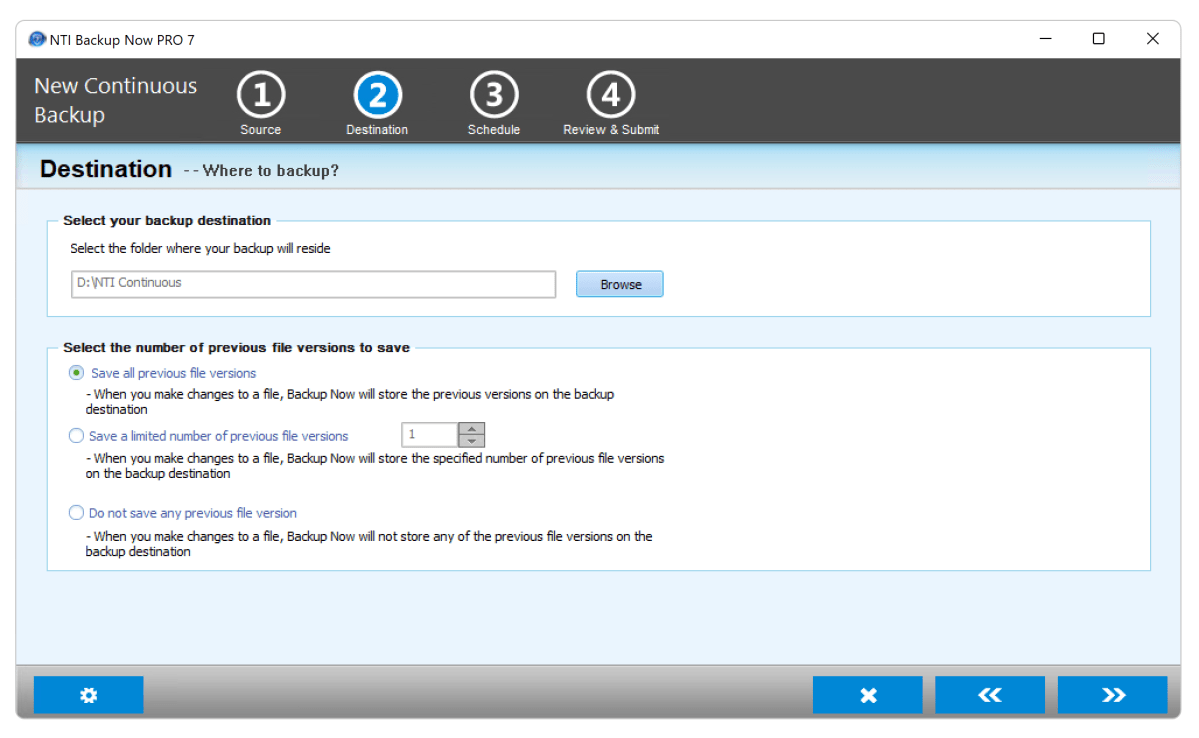 alt text: NTI Backup Now Pro 7’s wizard-like interface guides you through creating a backup job.
alt text: NTI Backup Now Pro 7’s wizard-like interface guides you through creating a backup job.
The interface is straightforward, although it lacks the guided data selection found in the EZ version. NTI EZ Backup Now 7.5, a more affordable option, offers a slightly more intuitive workflow but lacks continuous backup.
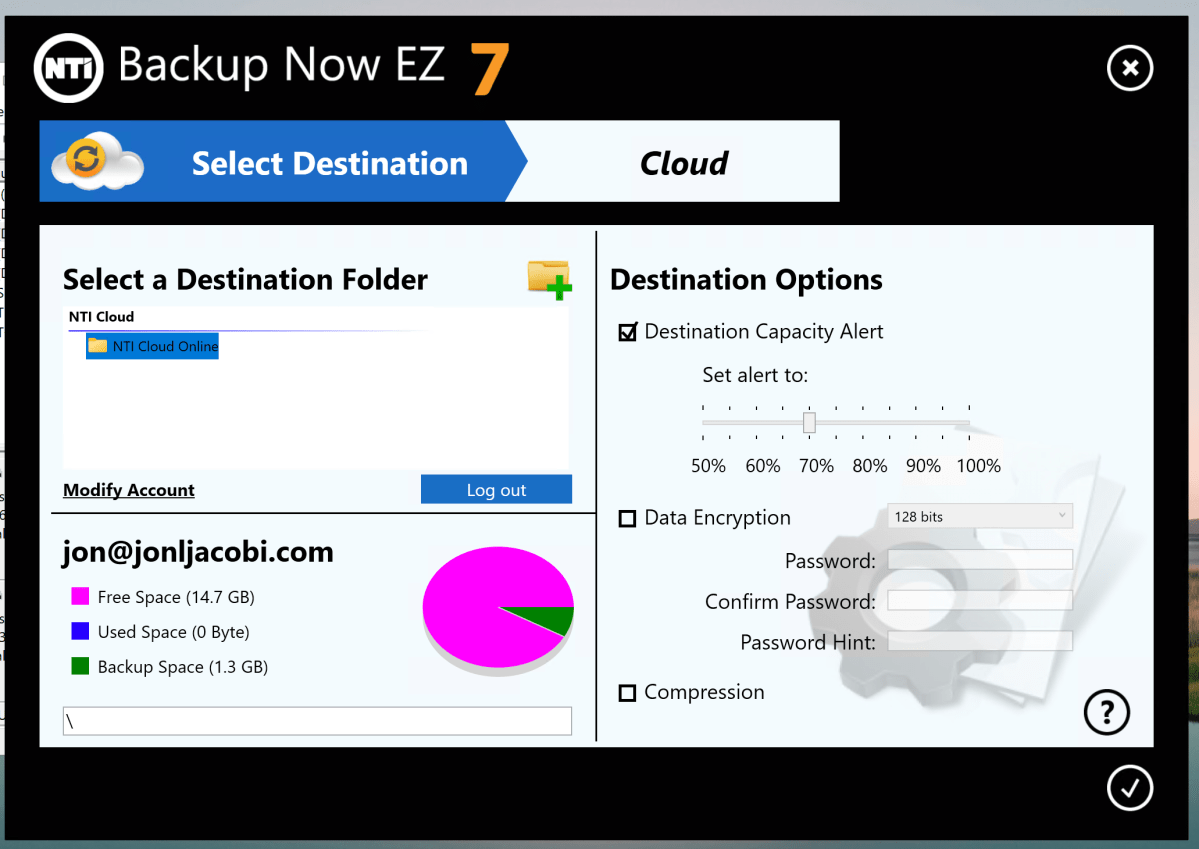 alt text: NTI EZ Backup Now 7.5 offers a user-friendly experience but lacks some advanced features.
alt text: NTI EZ Backup Now 7.5 offers a user-friendly experience but lacks some advanced features.
NTI Backup Pro 7 provides granular scheduling options, incremental backups for space efficiency, automatic storage maintenance, encryption, and password protection. A standout feature is the ability to select multiple local destinations for a single backup job. However, combining local, network, and NTI Cloud destinations isn’t currently supported. Network backups via FTP are also available.
Pricing and Value Proposition
NTI Backup Pro 7 is often available on sale for $40 (regularly $60). The EZ version, without continuous backup, is typically priced around $30. NTI Shadow, a continuous backup-only program, is also available for $30.
NTI Cloud’s pricing is a significant drawback. While a free one-month trial with 16GB is offered, subsequent plans are expensive compared to competitors like OneDrive and Google Drive. The pricing structure makes cloud backup with NTI less attractive. Using a cloud storage manager with other backup programs might be a more cost-effective alternative.
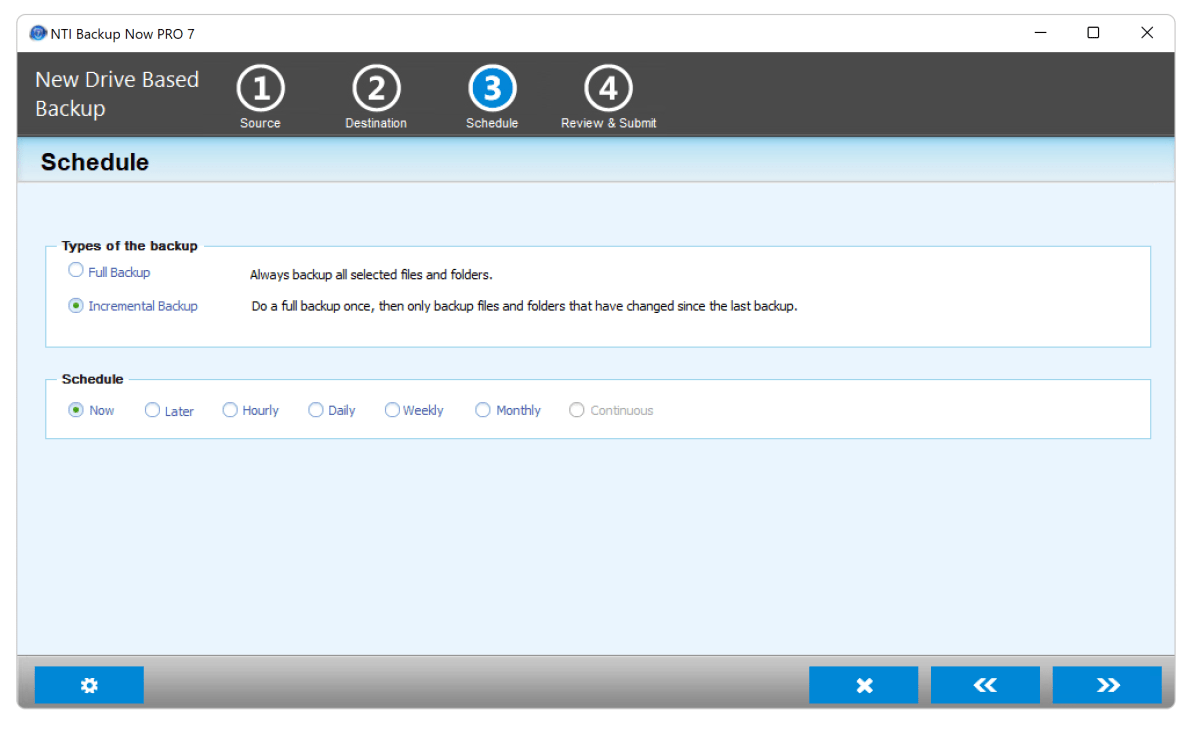 alt text: NTI Backup Now Pro 7 offers scheduling features and incremental backup options.
alt text: NTI Backup Now Pro 7 offers scheduling features and incremental backup options.
Performance and Usability Issues
Several performance and usability issues were encountered during testing. Interface scaling problems on a 4K display required manual adjustment. Slow file and folder enumeration suggests a lack of pre-emptive file system querying.
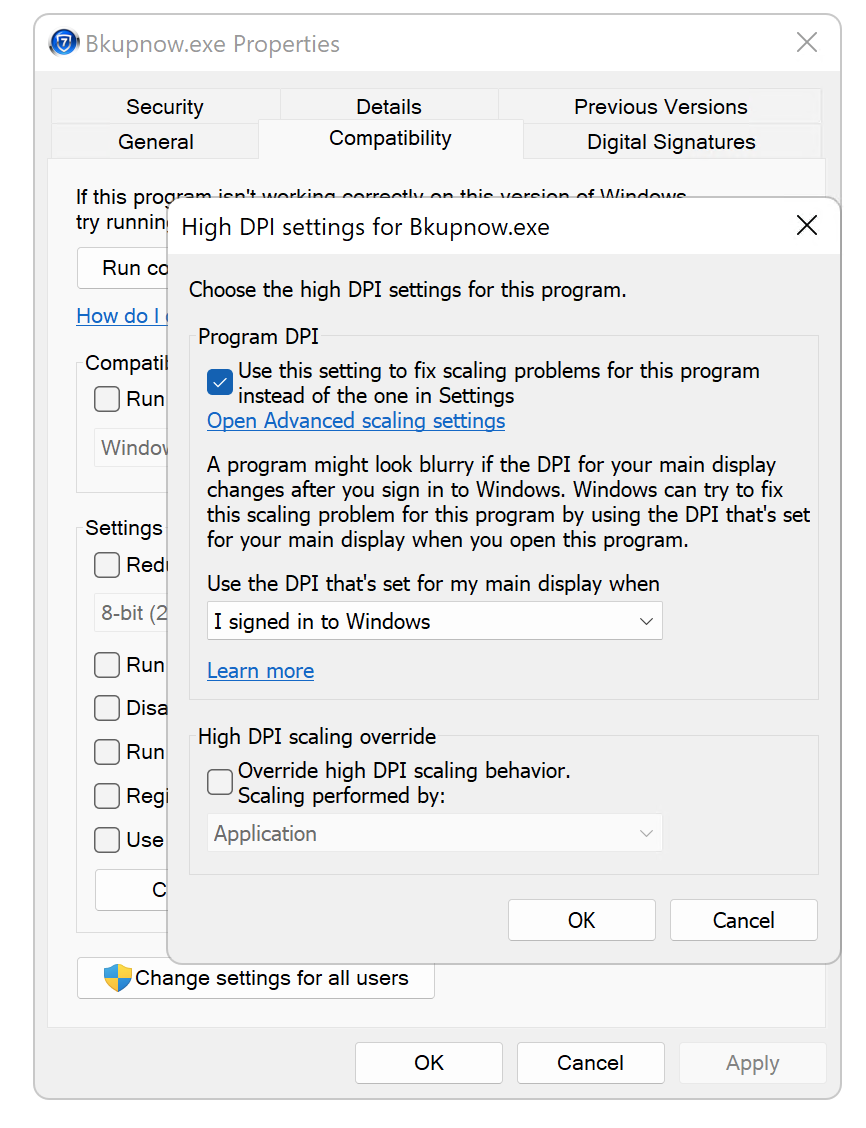 alt text: Manual DPI adjustment was necessary to address display scaling issues.
alt text: Manual DPI adjustment was necessary to address display scaling issues.
Image backups presented a significant problem when using Microsoft Remote Desktop. NTI Backup Pro 7 consistently cancelled image jobs within seconds. This behavior, attributed to a security “feature,” is not observed in other backup software. NTI EZ Backup Now 7.5 exhibited similar issues, albeit less consistently.
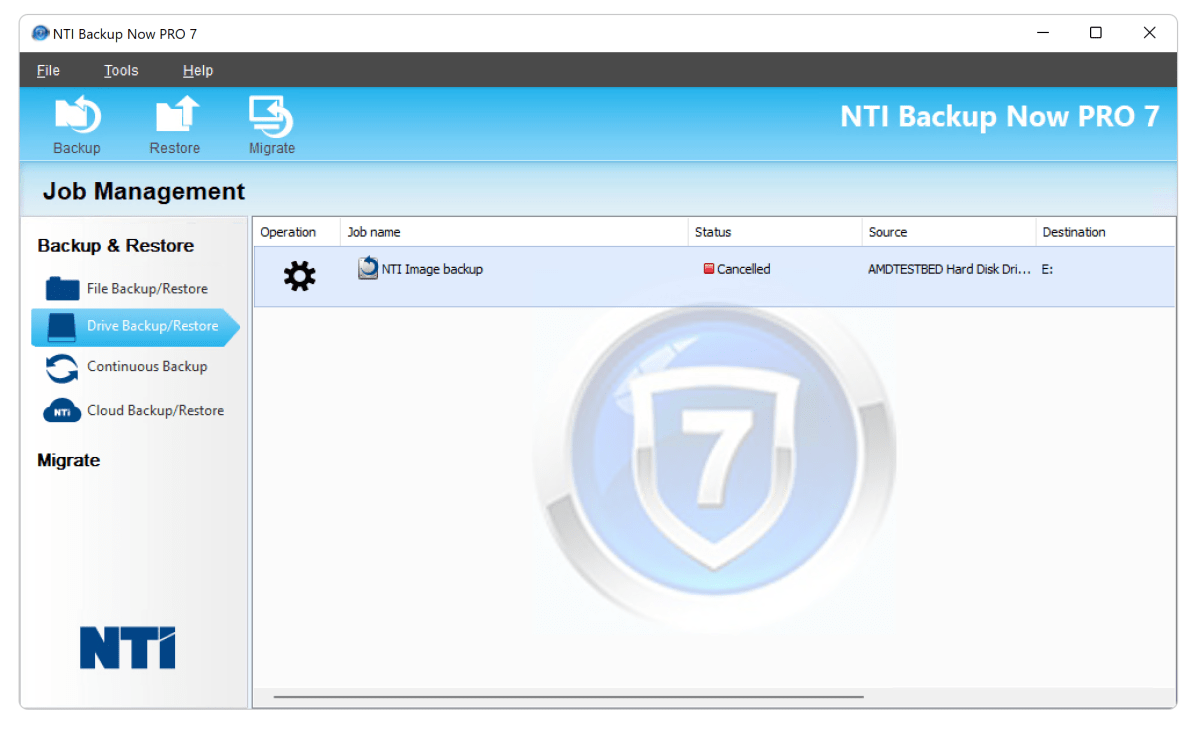 alt text: Image backup functionality conflicts with Microsoft Remote Desktop.
alt text: Image backup functionality conflicts with Microsoft Remote Desktop.
Stopping a large cloud backup job also proved problematic. The cancellation request didn’t register immediately, requiring manual process termination. Creating a recovery disc and restoring an image, however, functioned without issues.
Final Verdict
NTI Backup Pro 7 delivers on its core functionality, but the numerous glitches and the high price of NTI Cloud diminish its appeal. While the software offers a broad feature set, potential users should carefully weigh these drawbacks against competing solutions.
Testing Methodology
All software is tested on a standardized system with an AMD Ryzen 3700X processor, MSI MEG X570 motherboard, 64GB of RAM, and multiple NVMe SSDs. The operating system is Windows 11 21H2 with only security updates applied. Testing is conducted offline unless network functionality is being evaluated. Software is assessed on stability, suitability to task, ease of use, and feature set. Conflict resolution includes uninstalling potentially conflicting applications and reinstalling Windows if necessary. Remote control compatibility is also now part of the testing protocol.



